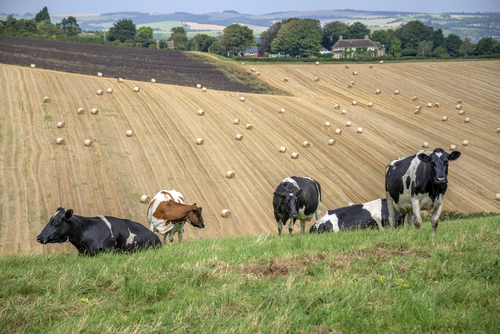The importance of farming in the UK is particularly highlighted this year given the UK’s impending exit from the European Union. Now more than ever farmers will need to plan ahead and look at how they can manage the succession process to the younger generation, some of whom may be more willing to adapt to this changing environment.
The Agriculture Bill, which received its first reading on 12 September 2018, replaces the EU’s Common Agricultural Policy (CAP). The purpose of the Bill is to provide stability to and support for UK farmers to compete both domestically and worldwide. It supports grants for productivity and aims to improve fairness in the supply chain with the objective of rewarding farmers for what they actually do.
From 2021 until 2027, the Basic Payments Scheme with its Direct Payments to farmers is being phased out and instead they will be paid for the benefits they bring to the environment through an Environmental Land Management Contract. These include better air and water quality, improved soil health, higher animal welfare standards, public access to the countryside and measures to reduce flooding. With the transition period being so long, the Bill is unlikely to provide certainty to farmers and means some businesses will need to make plans now to cope with the loss of the subsidy.
Criticisms of the Bill are that it does not address how the new regime will work in practice or tackle some of the key issues challenging farmers. Critics state the Bill falls short on addressing key subjects such as the future of food production, food security and the hugely important subject of a successful post Brexit UK trade deal. NFU president Minette Batters has said, “Farmers across the UK will be very concerned that the Bill provides only a short term commitment to improve their competitiveness; we cannot future-proof farming businesses based on the ‘time-limited’ initiatives outlined in this announcement.”
Farmers will need to review their business and ensure they are fully utilising the key assets of the business such as its employees, and review potential new income streams, possible diversification opportunities, business finance or debt and understand the impact new policies will have on their business. Planning early will be vital for business success and the uncertain times ahead highlight the need for farmers to consider and prioritise diversification projects and succession-proofing for future generations.
The impact of these new policies will differ for each individual and business. For specific guidance on what it means for you and your business, you should seek advice from a legal professional.




